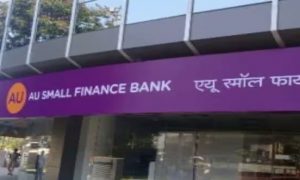Many banks, from August 1, have made the Positive Pay System (PPS) for cheques issued for ₹5 lakh or more.
Beginning August 1, 2022, many banks will need the Positive Pay System (PPS) for cheques issued for ₹5 lakh or more. Such cheques will be turned down by your banker if you don’t offer Positive Pay confirmation. The banks may refuse to clear such cheques if the PPS rules are not followed.
With effect from January 1, 2021, banks were asked to implement the PPS for all types of cheque payments (cash, transfer, and clearing). However, not all banks and clients embraced it as soon as possible and obediently. However, from August 1, 2022, many banks have made PPS registration mandatory for customers.
The idea of positive pay entails a procedure for verifying important information on cheques with significant values. In order to complete this process, the cheque’s issuer must send SBI specific information via SMS, mobile app, internet banking, or ATMs. CTS sends the drawee bank a minimum set of information about the cheque, including the date, beneficiary/payee information, amount, and so on. CTS then compares that information to the information on the submitted cheques.
Bank of Baroda released guidelines in June that advocated making the PPS confirmation essential for cheques issued for Rs. 5 lakh and above as of August 1. In the event that a valid pay confirmation is not given on or before August 1, cheques issued for these amounts will be returned in the clearing/Intersol system without payment.
Also Read : ICICI Bank, PNB, Bank of India hike MCLR ahead of RBI bi-monthly monetary policy
What is Positive Pay System (PPS)?
Under the PPS, which is a component of the cheque clearing system, the drawee bank would process the cheques for payment based on the information provided by the account holder at the time of cheque issue.
A person who writes a high-value cheque ( ₹5 lakh or above) must provide the drawee bank with information such as the date of issuance, beneficiary’s name, etc. This can be electronically filed by email, a mobile banking app and online banking.



































